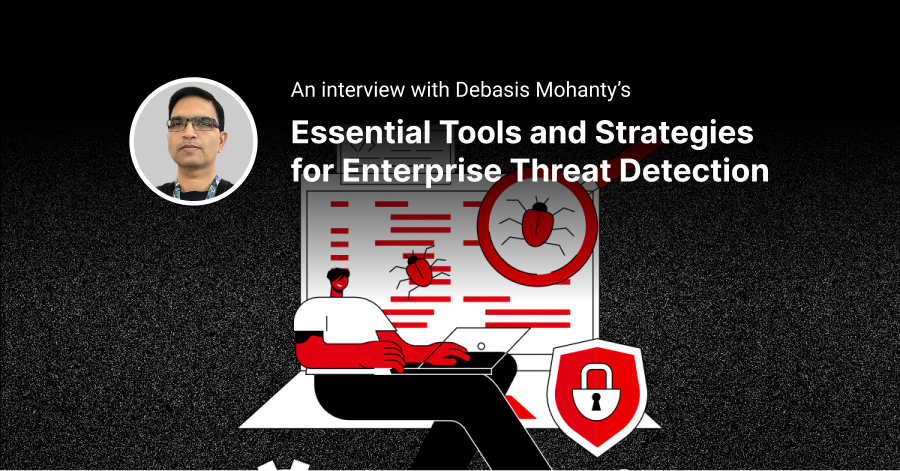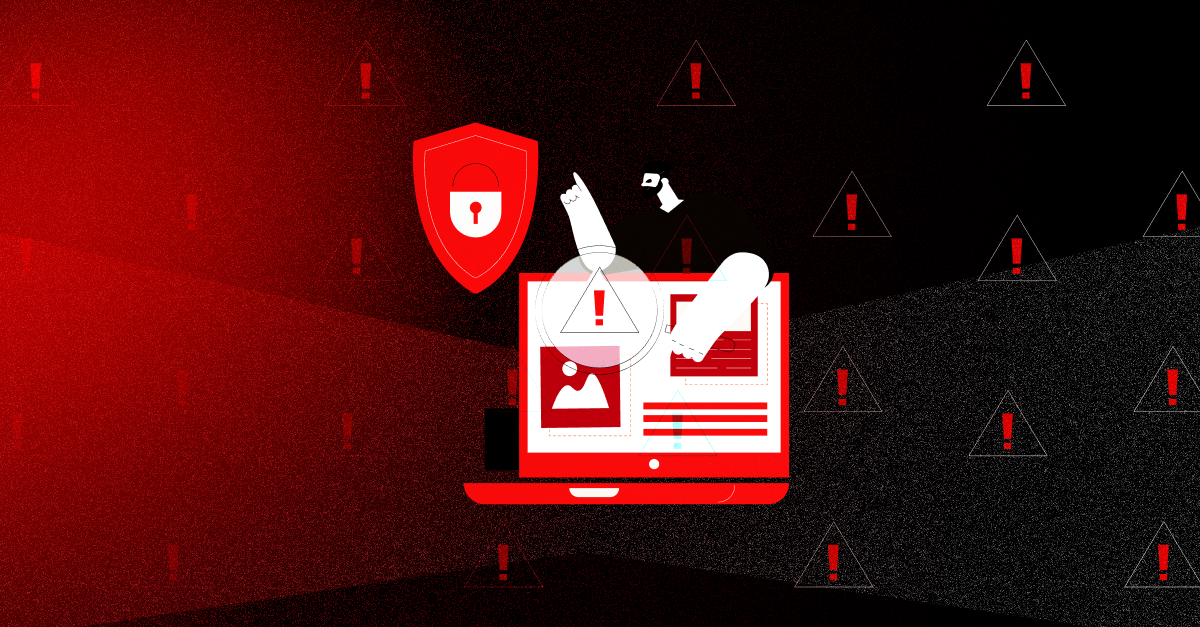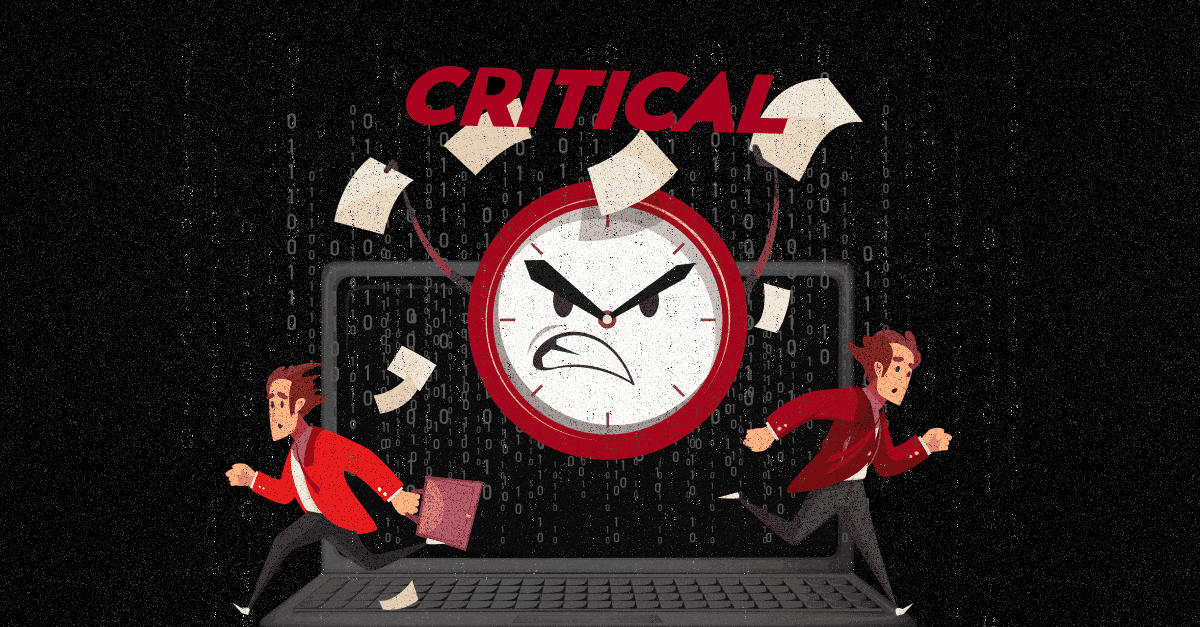What is Cybersecurity Staff Augmentation?
Threat Intelligence • April 22, 2021
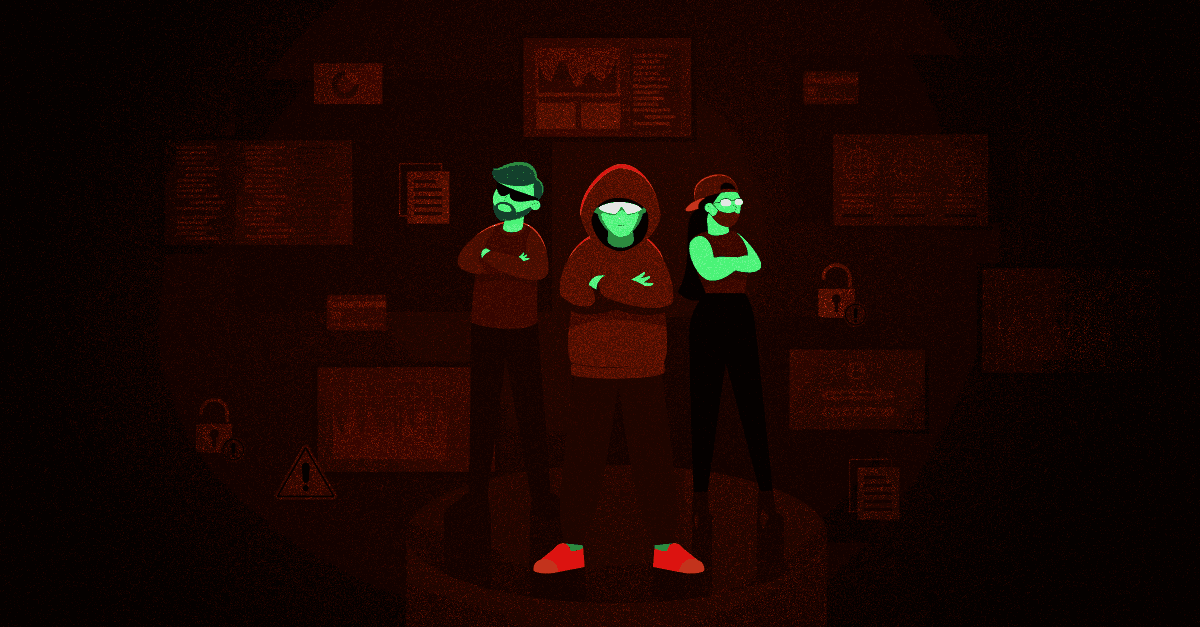
Cybersecurity staff augmentation involves partnering with third-party security experts and advisors on an as-needed basis. This allows for the customization of a team that meets business needs. It offers flexible and scalable solutions that establish the best tools, practices, and assessment frameworks to put your company on the right track. By augmenting your security team, you can have highly-specialized experts who will:
- Help your team complete projects promptly
- Address specific security weaknesses
- Do the jobs your team has neither the time nor resources to do
How does Cybersecurity Staff Reinforcement work?
Cybersecurity Staff Augmentation through Security Automation
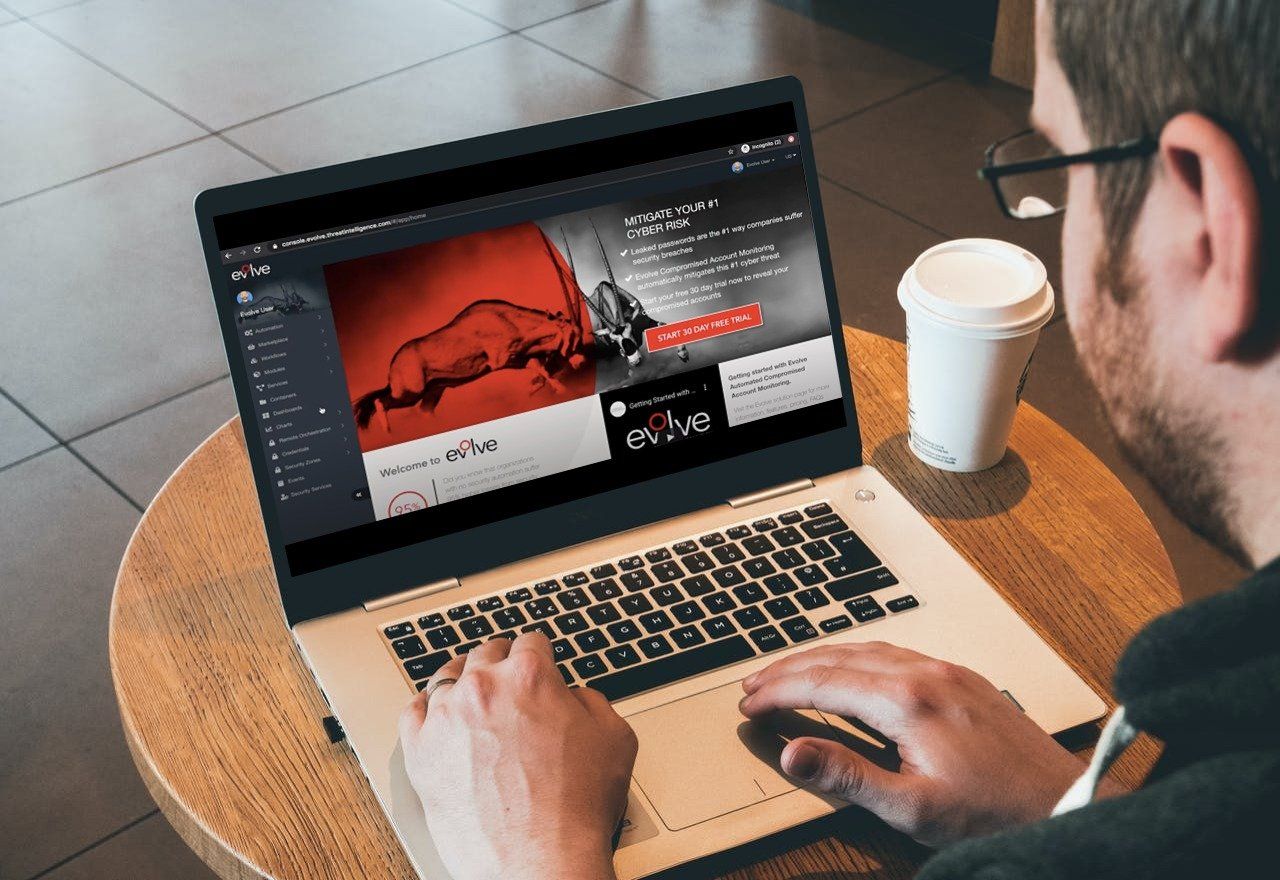
Benefits of Cybersecurity Staff Augmentation
Secondly, augmentation offers scalability. One of the benefits of working with a VCN is that resources can be allocated or shut down as needed, reducing costs in the long-run, but allowing for extra space/operational abilities when necessary. Staff augmentation works the same way. Your company can’t afford to keep certain positions on year-round, but bringing that specialist in when needed – and releasing them when the job is done – will allow you to complete the necessary work without spending more money than necessary.
Roles Make Up an Augmented Security Staff?
Cybersecurity staff augmentation includes the following roles:
Virtual CISO
A CISO (chief information security officer) is the engineer of a cybersecurity program. Any moving part related to compliance certifications, risk assessments, cybersecurity tool selections and penetration testing is overseen by CISO. Unlike before, CISOs have now switched to part-time and virtual roles for small enterprises, usually because they are more objective, as well as cheaper.
Analysts
Cybersecurity work requires data gathering, organization, and interpretation. All of this is handled by analysts, and while it is a good idea to have analysts on your team, augmenting analysts during high-traffic or security issues is an excellent alternative to overworking your team.
Auditors
An auditor’s job is to examine your company’s security framework, specifically checking for compliance standards, such as GDPR or CCPA. They look for critical holes in the data management process, also checking for policy infractions internal to the company. Because many businesses do not need auditors 24/7, augmenting with auditors may be a good option.
Technical Writers
Cybersecurity staff augmentation also requires a team that can establish a successful security program. Analysts send information to this team, who translates it into network diagrams, instruction manuals, reports, and disclosures. In other words, a quality technical writer helps ensure that company policies are effectively communicated.
White Hat Hackers
The best way to know how secure your network is is through
penetration testing. Pentesting detects cybersecurity vulnerabilities, remediating them when possible. Pen testing requires impeccable data gathering analysts, grounds, authentic hack attempts, non-disclosure agreements, and formal reporting. Because your company is unlikely to need constant pentesting
, augmenting your staff with pentesters once or twice a year is a good idea.
Who Needs Cybersecurity Staff Augmentation?
While the need for cybersecurity data varies differently from one organization to another, almost all organizations collect, store, and share consumer data. From big-box retail to the local coffee shop, every organization needs cybersecurity to some degree. Because a full team is often unnecessary, however, staff augmentation can be beneficial to everyone.
Cybersecurity Staff Augmentation for Enterprises
Large businesses have full-time cybersecurity teams and CISOs. The CISOs are, however, not objective. Therefore, they can employ temporary experts who access the organization’s network from an outsider’s perspective, run penetration testing, and perform audits.
Cybersecurity Staff Augmentation for Small and Mid-sized Businesses (SMBs)
Small businesses quite often don’t feel the need for augmentation, because they don’t believe they are in danger of a security breach. However, recent trends reveal that SMBs are the primary targets for the fraudsters and cybercriminals. Because they operate on modest budgets, they cannot afford a full-time cybersecurity team – perhaps only a couple of IT employees. But with the virtual CISOs, small businesses can protect themselves from losing data, while at the same time staying within budgets that are reasonable.
Conclusion
Related Content



